Electromagnetics Blog Posts
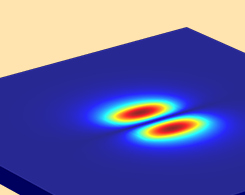
How to Model Optical Anisotropic Media with COMSOL Multiphysics®
Erasmus Bartholinus first observed the optical effect of birefringence in 1669. Today, you can observe this effect with a specialized modeling approach for optical anisotropic media.
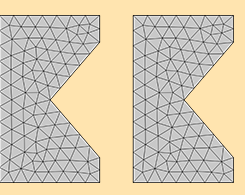
Should I Fillet the Geometry in My Electromagnetic Heating Analysis?
You want to analyze electromagnetic heating around sharp corners in your simulation. Do you round off the corners by adding a fillet? We go over cases where you should and shouldn’t do so.
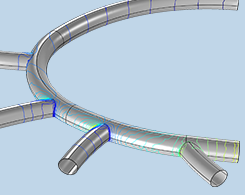
Analyzing Magnetic Flowmeters for Blood Flow Measurement
Biomedical researchers used multiphysics modeling in order to understand how blood vessel movement influences the sensitivity of their flow meter designs. Get the full story here.
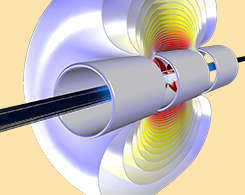
Focusing on Einzel Lenses with Particle Tracing Simulation
You can use electrostatics analysis and charged particle tracing to better understand einzel lens systems and optimize their designs.
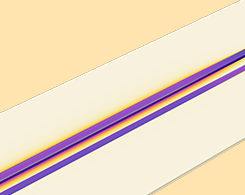
Analyzing Time-Domain Reflectometry for 2 Electrical Designs
Here are 2 examples of analyzing the signal integrity and time domain reflectometry in electrical devices: a high-speed interconnect and a set of parallel microstrip lines.
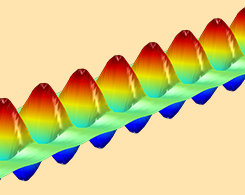
Simulating Extraordinary Optical Transmission at Terahertz Frequencies
One potential approach to improving medical imaging, quality assurance, and other terahertz applications is extraordinary optical transmission, a process that can be studied with RF simulation.
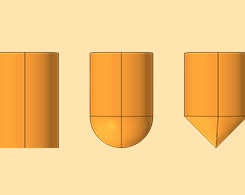
Analyzing Kelvin Probe Designs with COMSOL Multiphysics®
Kelvin probes, a type of MEMS technology, provide a nondestructive and contact-free way to measure the work function differences of various material combinations.
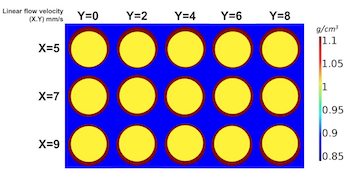
Improving IFE Target Fabrication with a Droplet Microfluidics Method
A common joke is that fusion energy is 30 years away, and always will be. Researchers are using simulation to tackle the challenges involved with of inertial fusion energy target production.
